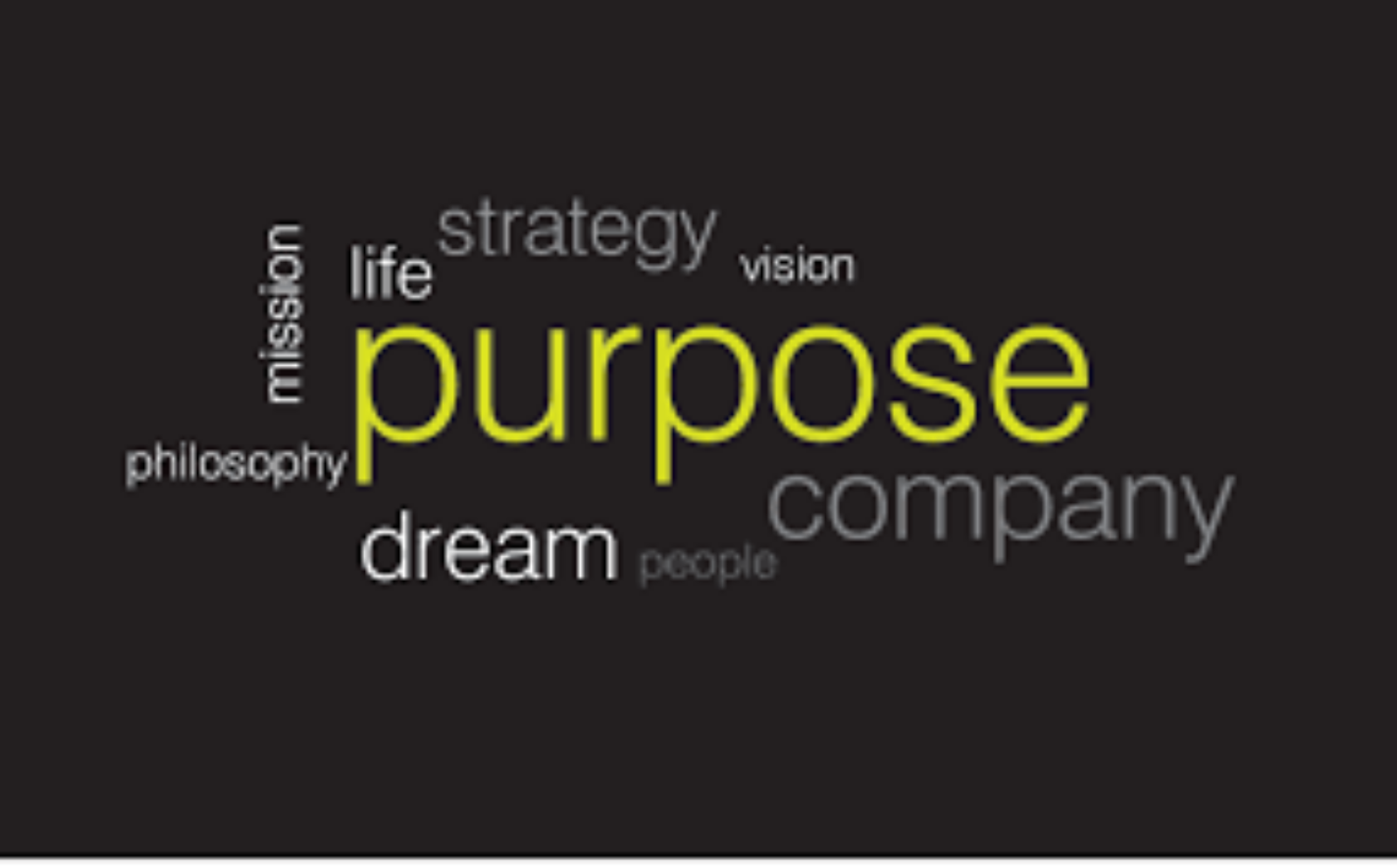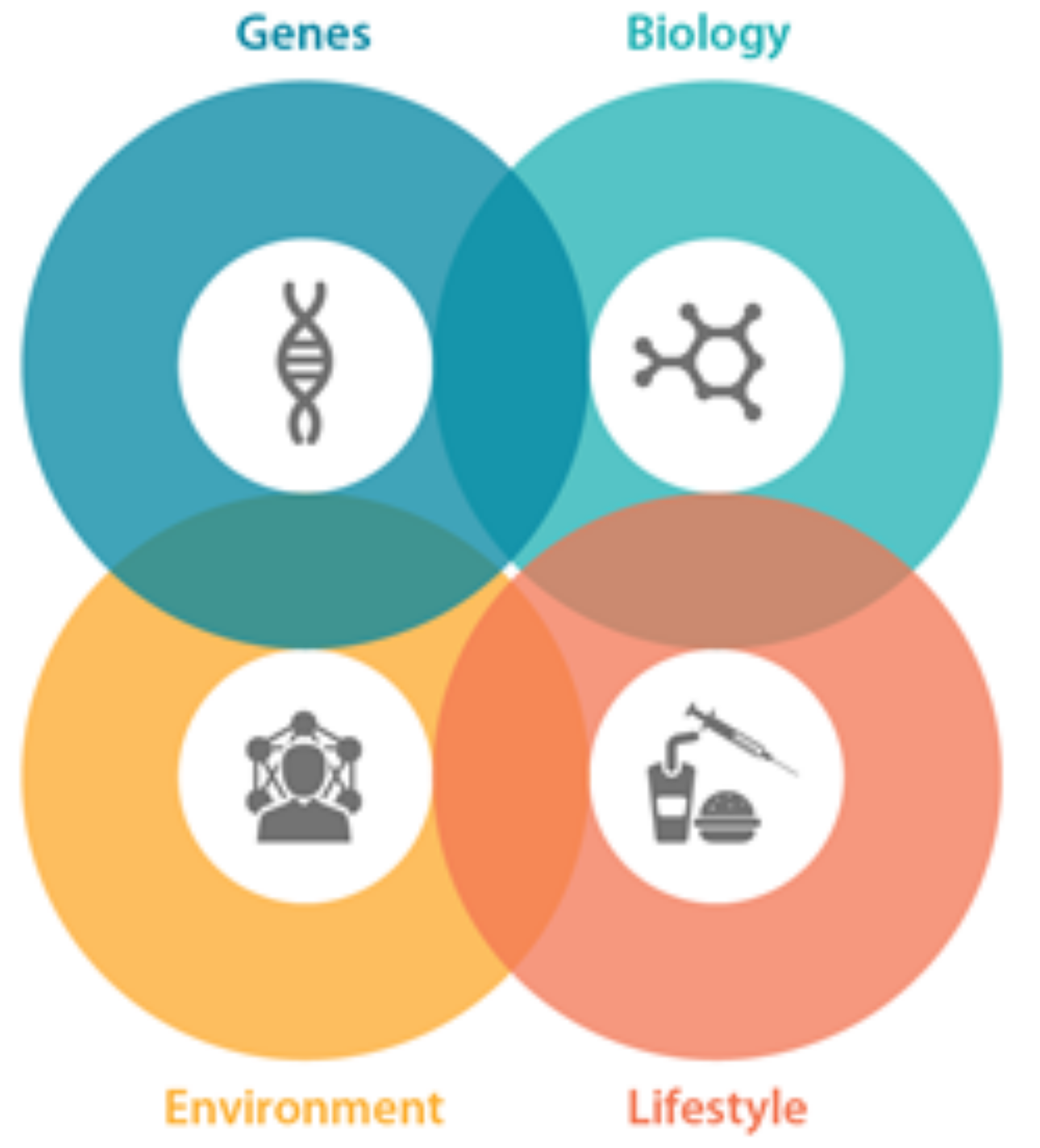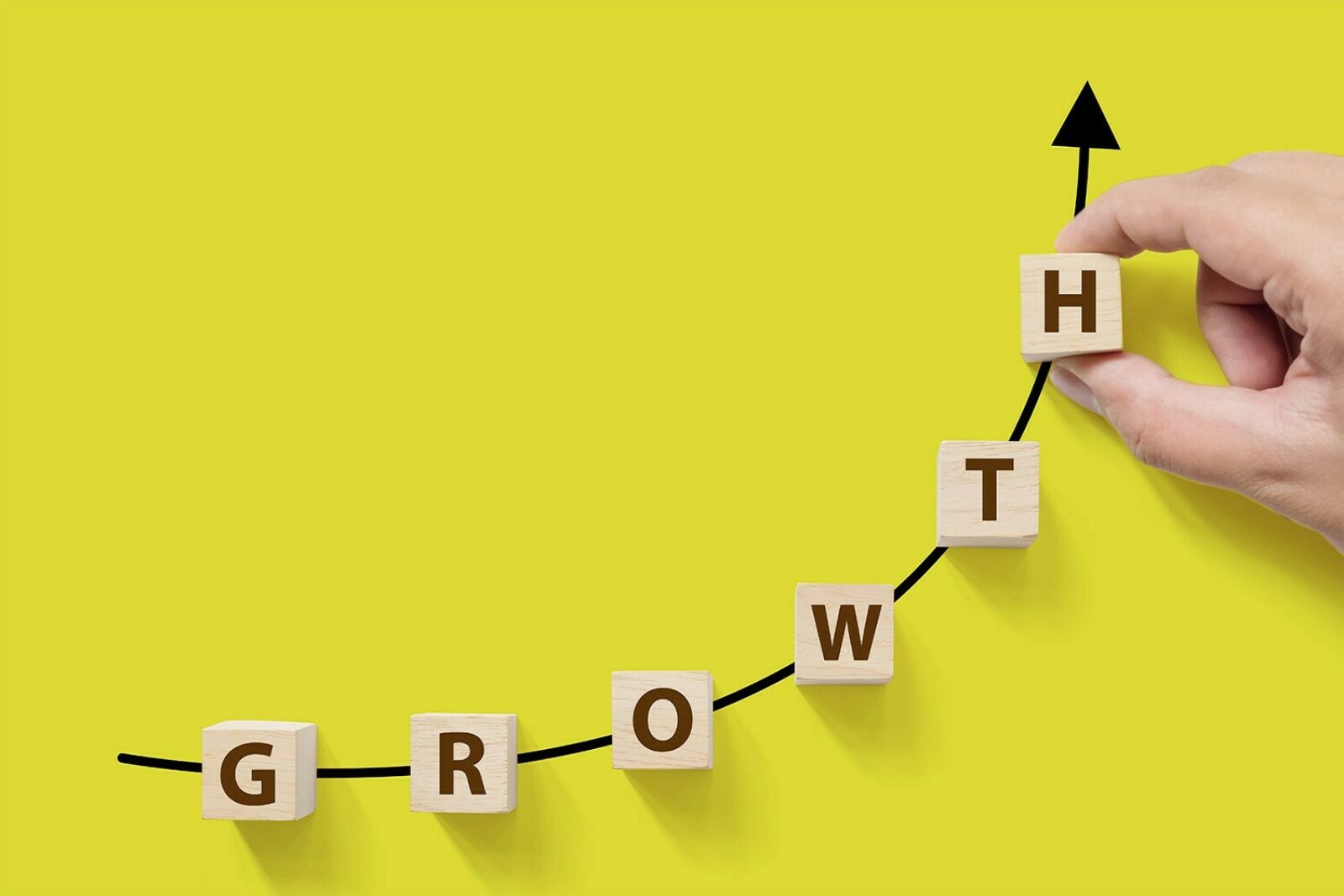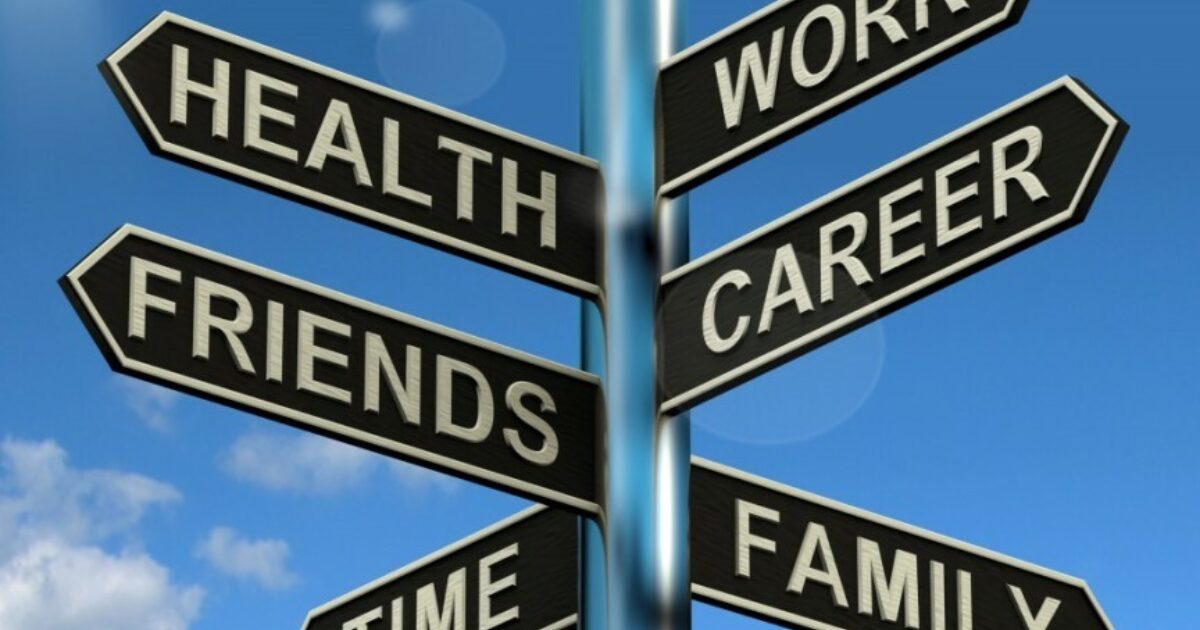In the post COVID-19 world, 'Rewarding Work' will mean more than a satisfying job in comfortable work environment.
What work is done, how it is done and where it is done will have changed the paradigms of the last 100 years.

Employers are already needing to think about how they can adjust the management of their people to meet the needs of an increasingly disaggregated workforce with heightened physical and psychological needs .
Enter workplace health, wellness or well-being, a global market already valued at USD $57.2 billion in 2019 which is expected to grow by a CAGR of 6.9% over the next 5 years.
However, while many organisations have started implementing 'health programs' for their employees over the past 10 years or so, these have characteristically been a series of calendar events or initiatives, often facilitated at a central work location with the intent to boost employee welfare and happiness.
The new world requires programs to be personalised and meaningful to each individual regardless of where they work and must also act as a catalyst to align programs with the company's mission or purpose away from the influence and regular proximity of a centralised workplace.

This will become even more important as the 2020's move from a 'buyers' market in employment to one where skilled and valuable employees will choose their preferred organisations based on those that understand, align and support their own values and needs.
Those that have already started this more dynamic and responsive way to fuel and support the physical, psychological and emotional needs of their workers are already seeing competitive advantages of this approach.
To achieve this, work-life-health programs must be strategic, not just a list of random but well intended initiatives from a company's 'wellness committee'. Rewarding work comes from understanding the interaction between the whole person and the work they perform, not viewing the relationship as a transaction with generic tips and tricks about weight management, exercising or mindfulness. It means helping individuals understand their personal risk factors so that an appropriately targeted and individual solutions can be brokered by the organisation according to each person's needs and wants.

The benefits and impact of effective work-life-health management is likely to compound as more people suffer from the physical and psychological consequences of COVID-19.
Work health, wellness & wellbeing have moved beyond HR and WHS driven trends to an essential business strategy given the same priority and emphasis as the management of all other important company assets.
Fortunately, modern day technology, external support and a muti-provider approach to solutions mean the reality of personalised prevention, management and treatment of health risks are no longer too onerous, complex or costly for organisations of any size to deliver.
As with all differentiating business strategies, the impetus needs to be driven from the top, with appropriate planning, resources and accountability to ensure the program is tracked to deliver against its objectives.

Those that wait until things are 'better' or more 'certain' to pursue a rewarding work environment NOW may lose an opportunity to achieve a competitive advantage for the FUTURE.
Subscribe
Sign up to get exclusive access and special advice on How to create a happier workplace in 7 steps...
Try our services for free!
You have no obligation. Connect with us for you or your employees to trial the Rewarding Work Radar to identify opportunities for us to help you.
Or just send us an email with your questions and we’ll let you know what other best practice organisations are doing.
Contact Us
